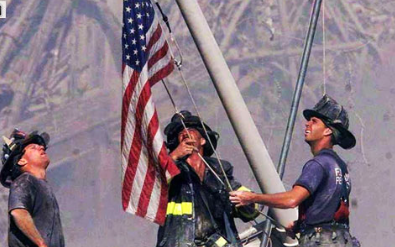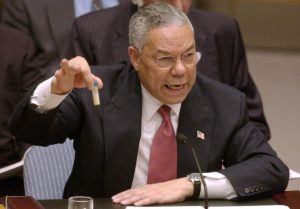The Chicks Are Owed An Apology
Once upon a time, back when the United States was under the leadership of another fairly incompetent Republican President (yes yes, Bush and Cheney look a little better now compared to Trump and Pence, but only because they were actually semi-competent in their evil, but they were still very evil), there was was sensationally good crossover country/pop group known as the Dixie Chicks.
They were country, but never of the “stars and bars” Dixie kind. It was simply an appellation. In fact, they were all pretty forward and progressive thinking and talking. And man did they get in trouble for it. I guess the new term of the day is “cancelled”, which is kind of an idiotic term, but the howlers really did try to obliterate Natalie Maines, Emily Strayer and Martie Maguire. From Wiki:
On March 10, 2003, nine days before the invasion of Iraq, the Dixie Chicks performed at the Shepherds Bush Empire theater in London, England. It was the first concert of their Top of the World tour in support of their sixth album, Home. Introducing their song “Travelin’ Soldier”, Maines told the audience the band they did not support the upcoming Allied invasion of Iraq and were “ashamed” that President George W. Bush was from Texas. Many American country music listeners supported the war, and Maines’s remark triggered a backlash in the United States. The Dixie Chicks were blacklisted by thousands of country radio stations, and the band members received death threats. Maines issued an apology, saying her remark had been disrespectful; in 2006 she rescinded the apology, saying she felt Bush deserved no respect. The backlash damaged sales of their music and sales of their next album and tour.
In a September 2003 interview, Maguire told the German magazine Der Spiegel: “We don’t feel a part of the country scene any longer, it can’t be our home anymore.” She noted a lack of support from country stars, and being shunned at the 2003 ACM Awards. “Instead, we won three Grammys against much stronger competition. So we now consider ourselves part of the big rock ‘n’ roll family.” Some fans were dismayed, but the group made no clear response.
If you have forgotten, which is awfully easy to do in these pandemic days of Trump, this was a huge deal at the time. The United States government under the Bush/Cheney regime, and the entire country music scene hated on them and ostracized them. It was one of those kind of fulcrum moments. It was not just the Iraq war, it was torture, the unitary executive, free speech, protest…..everything was wrapped up, in a cultural way, in the actions of the Dixie Chicks. It was symbolic of the divide.
But Natalie Maines, Emily Strayer and Martie Maguire were bad ass and stuck to their morals and thoughts. They got hammered at the time, but they hung in and are still here bigger and badder ass than ever. They are now just The Chicks, having dumped the Dixie part of their original name. The Chicks are owed a debt of gratitude and an apology for the idiocy and bigotry they faced from the howlers during the Bush/Cheney years, and they are here to let you know they are still on the good side of the cutting edge.
The Chicks have a new song and video out. “March March”, and it is truly awesome. A song for this time. I saw it last night at Atrios’ joint, and it is really superb. Take a look. Expand it and watch it full screen, it is worth it. This is the music of protest, and in the best way. Music was key in the 60’s and it is key now. It spreads far and wide what people feel, whether they are in the streets or at home. The “at home” part seems even more pertinent now in the time of unabated pandemic at the hands of yet another evil Administration. And that is our trash talk for this weekend, get on it!






